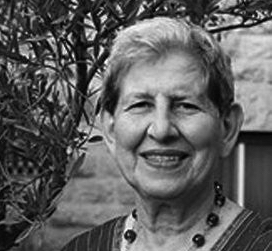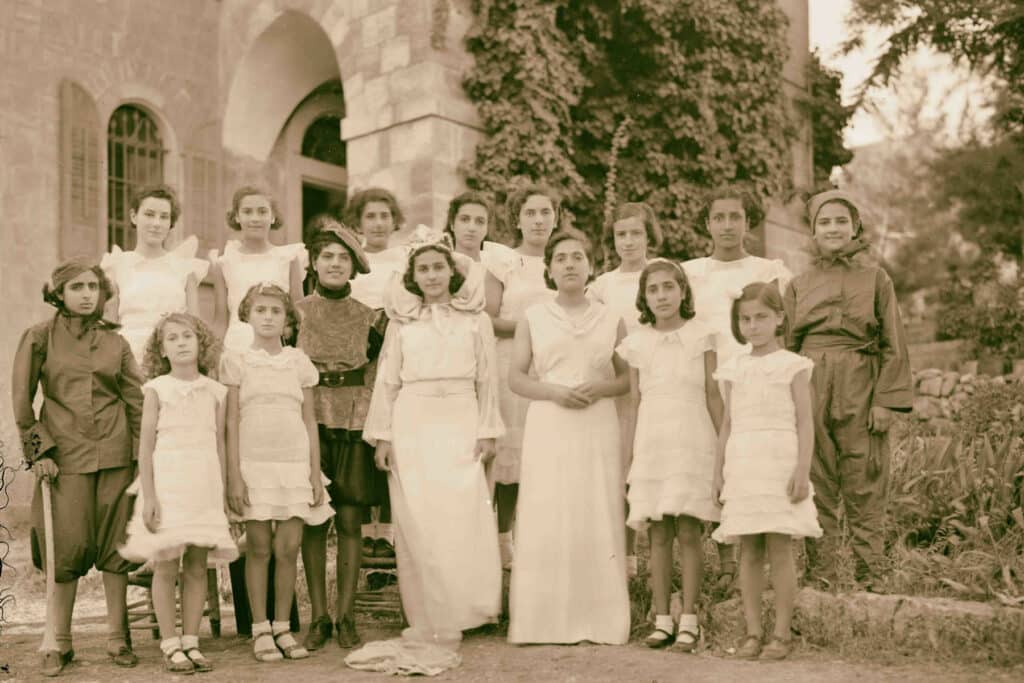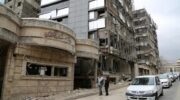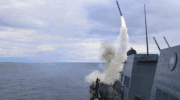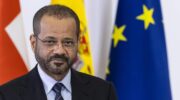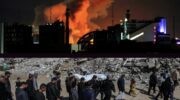October 18, 2022 (updates are at bottom of post)
Dear Friends
In the early hours of this morning the Israeli occupation forces, consisting of a troop of around 12 persons consisting of army and secret service, stormed my son’s house after breaking the gate at the entrance of the compound in which we all live, so as to arrest his younger son Shadi Khoury, a sixteen-year-old child, a student at the Quakers Friends School in Ramallah. They beat him until he was bleeding all over the room and along the path on the way out of the house dragging him barefoot and blindfolded not allowing the parents to see where the blood was coming from. Shadi was taken to the interrogation section in the police compound called “the Russian compound”
Shadi, a child, is being “interrogated” without the presence of his parents or a lawyer, a tactic used systematically to terrorize children into submission, and ultimately using their own words to incriminate them.
Shadi is a case among so many Palestinian children that are being harassed, tortured and imprisoned for no reason other than being a Palestinian seeking to live in dignity and freedom in their own country.
As an 89-year-old grandmother who has lived through the Nakba, the 1967 war, the first and second intifadas, I continue to ask you my friends: “Until when will this grave injustice go on?” Because you care for human rights, and the rights of children, I am asking you to take action now and contact your parliament or congress representative, to put an end to these grave injustices especially against our children as well as our whole population living under a brutal military occupation. Shadi should not be sleeping in a prison cell. He is a child and should be home with his family.
Samia Khoury
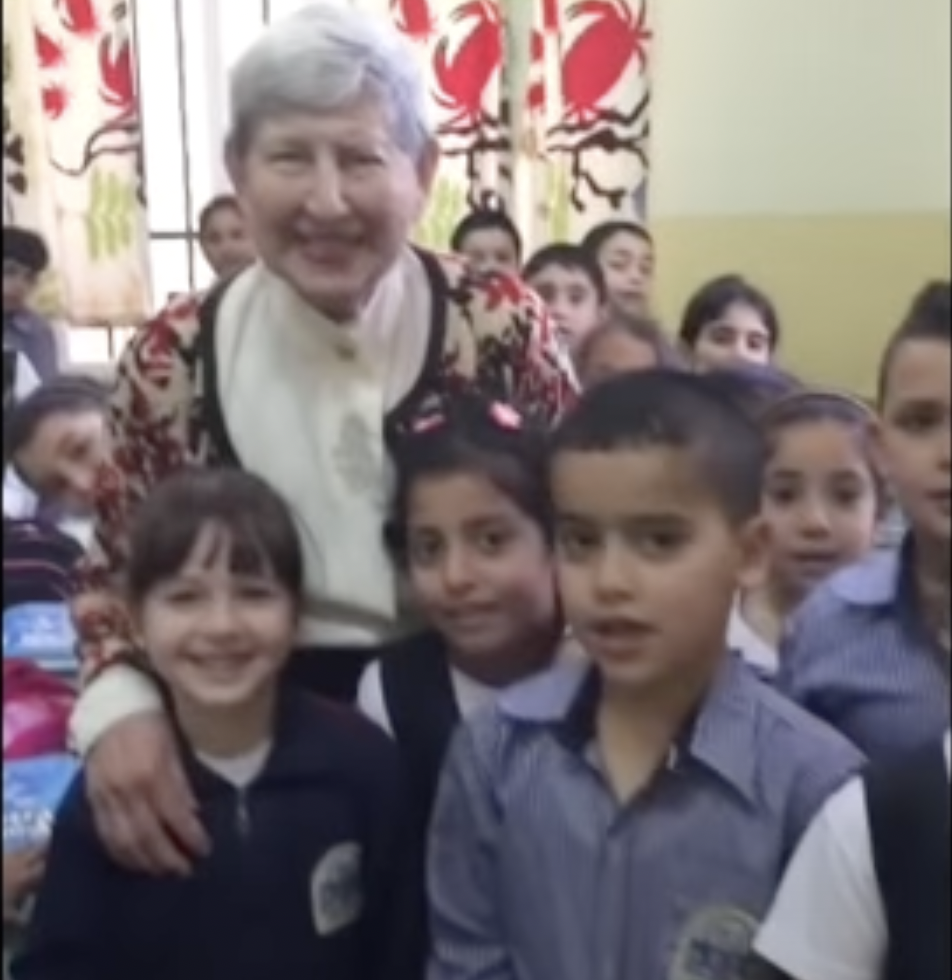
Samia Nasir Khoury is an author and a member of a distinguished Palestinian Christian family who founded one of the region’s top universities. She was born in Jaffa, Palestine, in 1933, graduated from Birzeit College, earned a BA degree from Southwestern University in Georgetown, Texas, and has a long record of public service, including serving on the board of the Sabeel Ecumenical Liberation Theology Center in East Jerusalem; on the board of trustees of Birzeit University; president of the YWCA; President of Rawdat El-Zuhur, an elementary school for the lower income community in East Jerusalem; and addressing two UN Forums, in New York in 1996, and in Athens in 2000.
The violent treatment of Samia’s grandson is not rare. Each year, approximately 500-700 Palestinian children, some as young as 12 years old, are detained and prosecuted in the Israeli military court system. The most common charge is throwing stones at occupation soldiers. Often even this mild charge is untrue.
To contact your Congress members: phone 202-224-3121 / email them here.
More details about Shadi, the raid, and his family are here.
The Quaker Friends School in Ramallah, which Shadi attends, was founded over a century ago, and continues today.
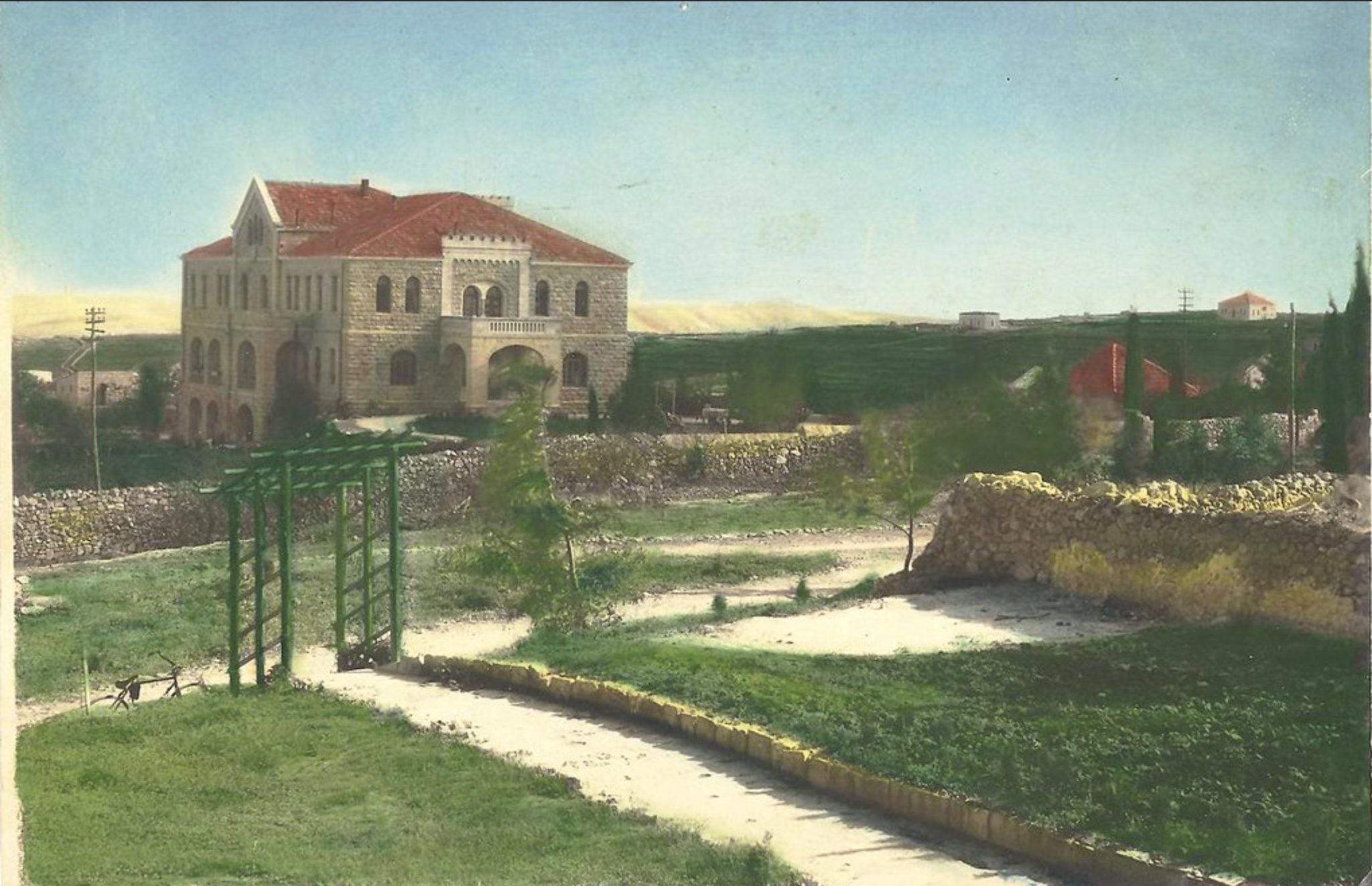
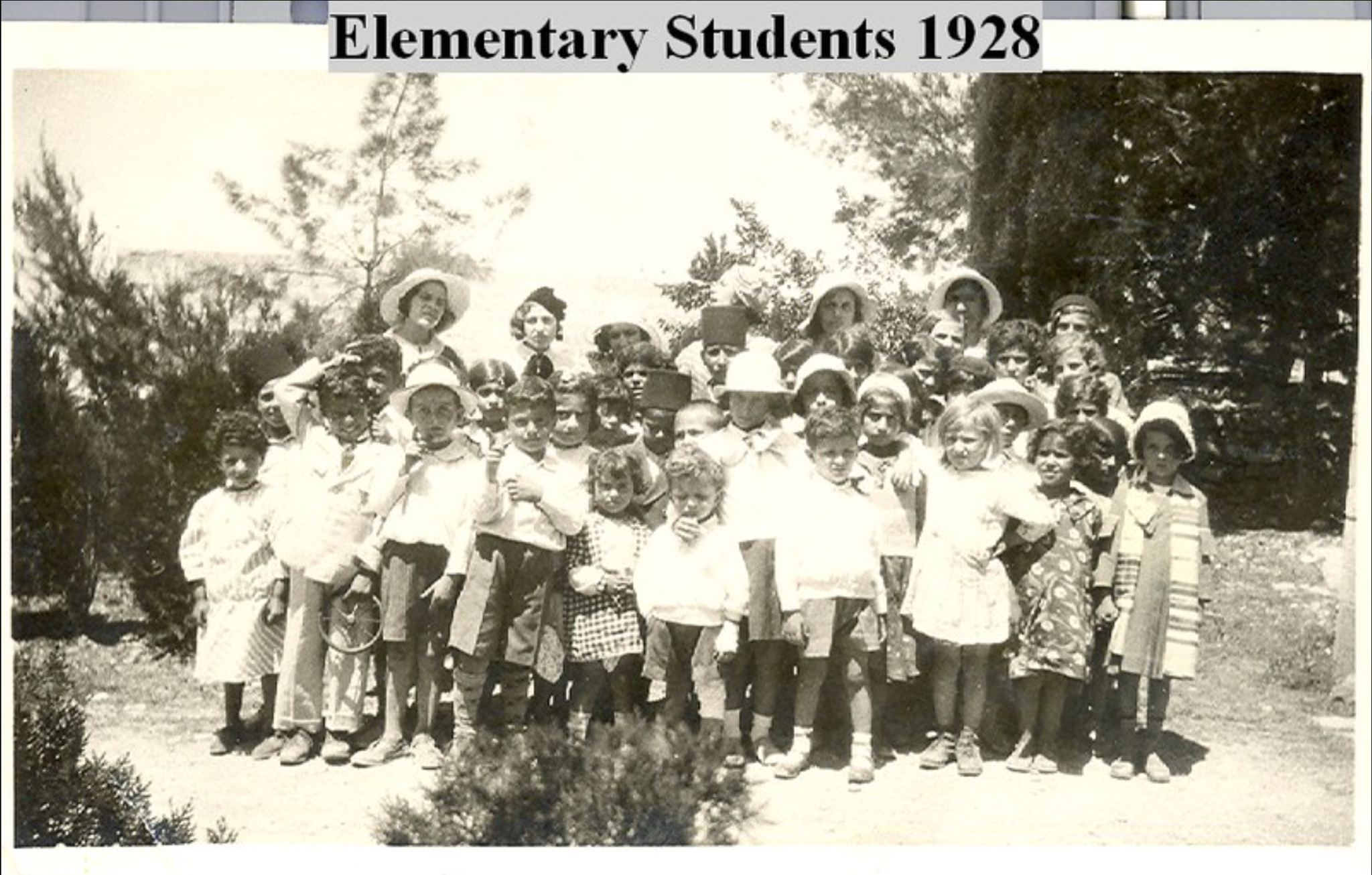
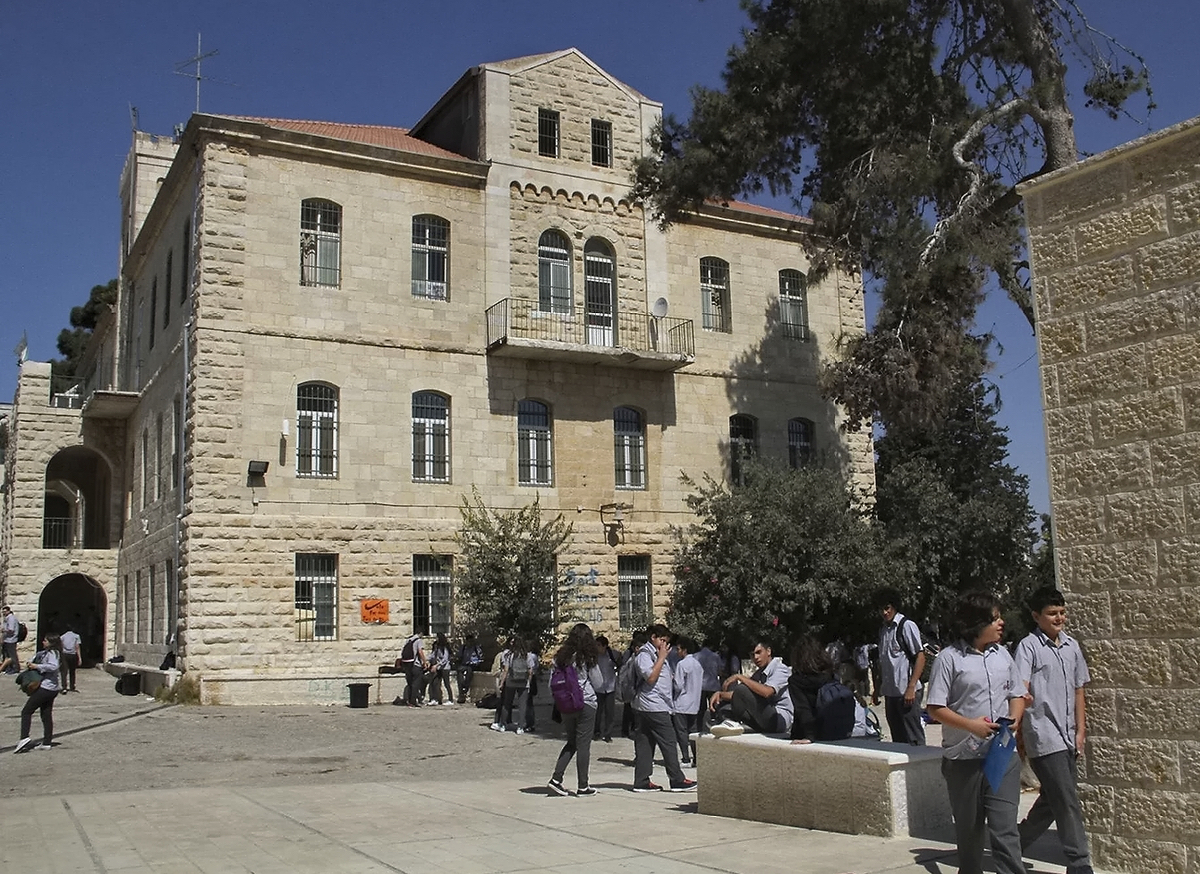
Israeli soldiers and settlers often often attack Palestinian schools and students. Below is a recent report on the experiences of Friends School students by Hassan El-Tayyab, the legislative director for Middle East policy at the Friends Committee on National Legislation in Washington DC:
Seeing Israel’s Occupation Through the Eyes of Palestinian Students
To say the students at the Ramallah Friends School have had to grow up too fast under the Israeli occupation is an understatement. They described life under the restrictive system of checkpoints and other forms of control and repression.
Update: More details about the incident are here.
UPDATE: As of November 3 Shadi is still being held by Israel without charges. Two weeks after the violent raid Shadi is still imprisoned in the Maskubiya Detention Center or “Russian compound”, known as a “slaughterhouse” among Palestinian detainees, due to the harsh conditions to which they are subjected there.
UPDATE, November 5, Samia emailed us: “After the court session on the 2nd he and other young people were transferred to the Ramleh prison where they spent the night and yesterday they moved them to Damoun in the North of the country awaiting another trial on November 14… the lawyer thinks they are better off there than the infamous detention and interrogation centre of Room No. 4 at the Russian compound in Jerusalem. During his last day there he was beaten because he was singing.
RELATED:
- Israeli Soldiers Injure Palestinian Children, Teachers, In Hebron Middle School
- Israeli soldiers invade orphanage school to stop ‘Yes to Peace’ poetry
- Attending school while Palestinian: brief (horror) stories from the last 6 weeks
To contact your Congress members: phone 202-224-3121 / email them here.
Thanks to the Israel lobby, over $20 million per day of Americans’ tax money is expended by Congress on behalf of Israel

